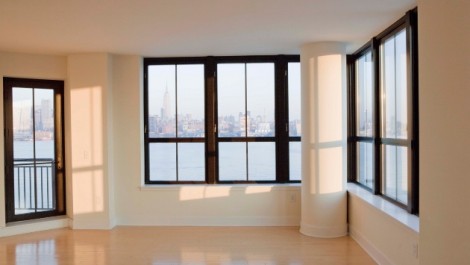There are many ways that we are all trying to get ahead in terms of building our nest egg. Savings, shares, property and even an investment property, meaning you become a landlord. There are pros and cons for doing it, but it can be very rewarding if you do it right, while on the other hand, it can be very stressful and costly if you get it wrong. So, here is a list of the pros and cons to get you ready to become a property investor or maybe not.
Pros of Becoming a Landlord
1. Move on with your life sooner.
Rather than waiting to sell your home, putting it on the market and sitting on the house until maybe someone offers you what you were wanting, all the while paying two mortgages on the house you had and the new house you have found. Why not get renters in there, paying your mortgage and building your portfolio?
2. Passive income.
Depending on how much of your house you own – vs how much is mortgaged – you may receive passive income almost immediately from your home. When your tenants pay their monthly rent, if it exceeds your mortgage payments, you can get income. If not, over time you most certainly will. As your mortgage gets smaller, your passive income grows.
3. Build equity.
As you continue to pay down your loan, you are building equity & your personal wealth. Not to mention, should property prices increase in your area, that too adds to the equity of your home. This can assist you with other home loans, credit rating and of course your future.
Cons of Becoming a Landlord
1. Maintaining multiple properties.
One thing about homes, they are like cars, you need to provide constant maintenance & work or they will break down. So, it is inevitable that should will need to maintain 2 or more properties – including your own of course. This could mean ongoing costs, however, they should be claimable when it comes around to tax time.
2. Risk of two mortgage payments.
If you are paying two mortgages, you are responsible for all of the payment. So if your tenant doesn’t pay on time, or pays late, you are left holding the can. You need to ensure the screening process is diligent and that you have a bond in place so that if anything happens with your tenants you are somewhat protected.
As a general rule: always try to maintain a two or three-month cash reserve for all your rental properties. This will allow you to always keep in the good books with the banks, ensuring that your credit rating stays positive and that if any emergencies come up, you have the funds to cover them at all times.




